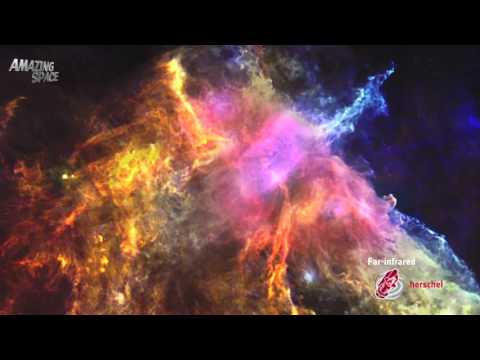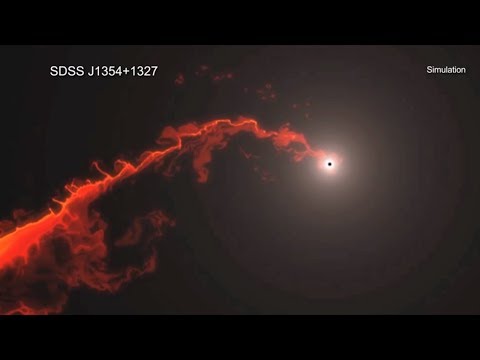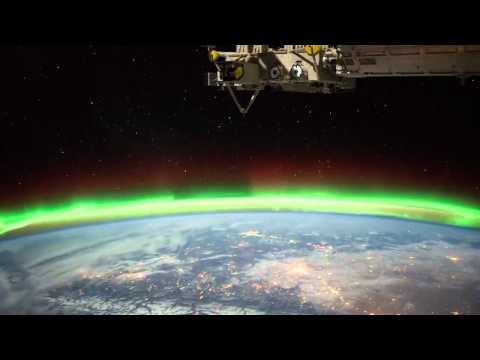Charting the Cosmos: The Latest Discoveries in Deep Space Exploration
Charting the Cosmos: The Latest Discoveries in Deep Space Exploration
The vast expanse of the cosmos has always captured the imagination of humanity. From ancient civilizations gazing up at the night sky to modern-day astronomers peering through powerful telescopes, the mysteries of the universe continue to fascinate and intrigue us. In recent years, advances in technology and space exploration have allowed us to delve deeper into the unknown, uncovering new discoveries and expanding our understanding of the universe.
One of the most exciting developments in deep space exploration is the discovery of exoplanets – planets that orbit stars outside of our solar system. With the launch of space telescopes such as Kepler and TESS, astronomers have been able to detect thousands of exoplanets, some of which may be potentially habitable. These findings have sparked renewed interest in the search for extraterrestrial life and have raised questions about the possibility of other civilizations existing beyond our own.
In addition to exoplanets, scientists have also made significant progress in studying the origins of the universe. The cosmic microwave background radiation, leftover radiation from the Big Bang, has provided valuable insights into the early stages of the universe’s evolution. By analyzing this radiation, astronomers have been able to map the distribution of matter in the universe and gain a better understanding of how galaxies and clusters of galaxies formed.
Furthermore, advancements in technology have enabled astronomers to observe black holes in greater detail than ever before. The Event Horizon Telescope, a global network of telescopes, captured the first-ever image of a black hole in 2019, providing a groundbreaking glimpse into these enigmatic cosmic objects. By studying black holes, scientists hope to unlock the secrets of gravity, spacetime, and the nature of the universe itself.
As we continue to push the boundaries of deep space exploration, new discoveries are sure to follow. The James Webb Space Telescope, set to launch in 2021, promises to revolutionize our understanding of the universe by observing distant galaxies, stars, and planets with unprecedented clarity. With each new revelation, we come one step closer to unraveling the mysteries of the cosmos and expanding our knowledge of the universe we call home.
In conclusion, the latest discoveries in deep space exploration are reshaping our understanding of the universe and opening up new frontiers of exploration. From exoplanets to black holes, each new finding brings us closer to unlocking the secrets of the cosmos and exploring the vast unknown. As we chart the cosmos and push the boundaries of human knowledge, one thing is certain – the universe holds endless wonders waiting to be discovered.













